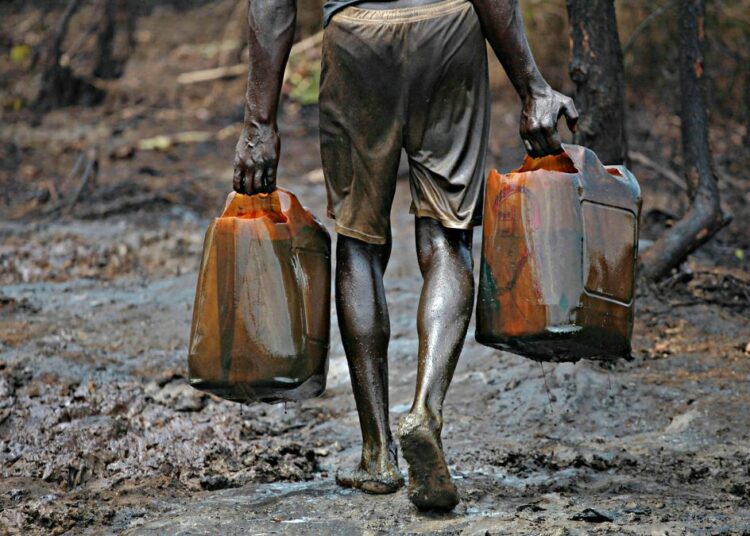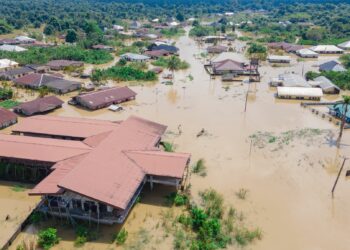In a strategic pivot for Nigeria’s oil sector, the Nigerian Upstream Petroleum Regulatory Commission (NUPRC) has revealed that international oil companies (IOCs) are poised to transfer ownership of 26 oil blocks to local firms. This strategic move comes as the industry grapples with ongoing challenges and evolving market conditions that have reshaped investment strategies.
The announcement underscores a broader trend of asset reallocation in Nigeria’s oil landscape, where IOCs are increasingly re-evaluating their positions. This reassessment is driven by a complex mix of economic pressures and operational challenges, including persistent theft and security concerns that have plagued the sector.
Chief executive officer of NUPRC, Gbenga Komolafe, took center stage at a recent industry dialogue in Abuja, addressing the proposed divestments and their implications. The workshop drew significant attention from industry stakeholders and aimed to shed light on the divestment process and ensure adherence to regulatory frameworks.
Komolafe’s insights revealed that the 26 oil blocks in question are not just ordinary assets but a substantial addition to Nigeria’s hydrocarbon reserves. The blocks collectively hold an impressive reserve of 8.211 million barrels of oil, 2,699 million barrels of condensate, and significant quantities of associated and non-associated gas. These figures underscore the potential impact of the divestment on the country’s energy landscape.
Moreover, Komolafe highlighted that the blocks include P3 reserves—estimated at 5,557 million barrels of oil and 1,221 million barrels of condensate—located in proximity to existing production assets. This positioning offers a promising opportunity for competent successors to quickly transition these reserves to 2P status, potentially boosting national production significantly.
The technical production potential of these blocks is even more compelling, with a current average output of 346,290 barrels per day. However, the potential output stands at a much higher 643,054 barrels per day, indicating a robust opportunity for future growth.
NUPRC has engaged top international consultants, including S&P Global Commodity Insights (SPGCI) and Boston Consulting Group (BCG), to ensure a meticulous evaluation and management of the divestment process. These experts will be crucial in delineating liabilities, managing operational risks, and ensuring the process aligns with industry best practices.
NUPRC said the divestment process which includes options for ministerial approval with varying conditions, reflects its commitment to transparency and regulatory compliance.
NUPRC’s secretary and legal adviser, Olayemi Anyanechi, explained the two primary options for obtaining ministerial approval. The first option involves retaining liabilities until NUPRC completes its investigation and assigns them to the appropriate parties. The second option stipulates ministerial approval will be withheld until all liabilities are identified and allocated. Divesting entities will also be required to issue a waiver, renouncing their rights to deemed consent under Section 95 (7) (B) of the PIA.
Industry leaders, including Osagie Okunbor of the Oil Producers Trade Section (OPTS) and Abdulrazaq Isa of the Independent Petroleum Producers Group (IPPG), lauded NUPRC for its transparent handling of the divestment process. Other stakeholders, such as Equinor, Seplat, and Agip, also expressed their support and pledged to collaborate with the commission to ensure a smooth transition.
As theft ravages oil, gas sector: Investors Propose Divestment Of 26 Oil Blocks Worth 8.2m Barrels
ANOTHER GOOD READ
Most Recent
17 States Confirm Plans To Host Olympic Day
June 30, 2025
We Are Ready To Host CAA U18/U20 Championships – LOC
June 30, 2025
Driving Aviation Growth Through Regional Collaboration
June 30, 2025
















